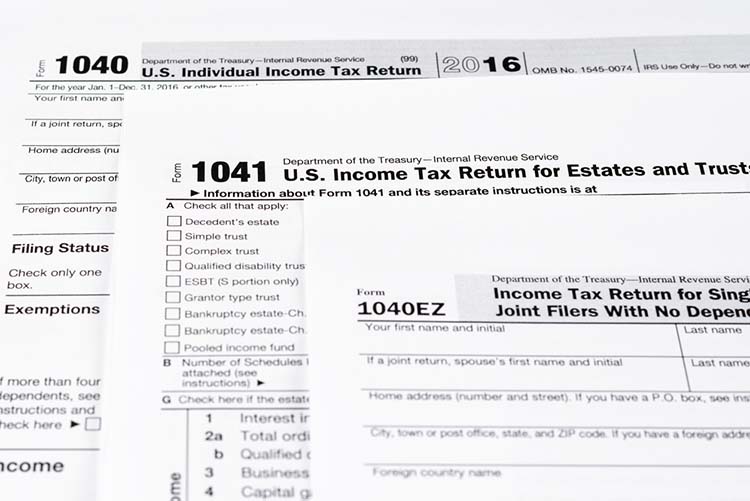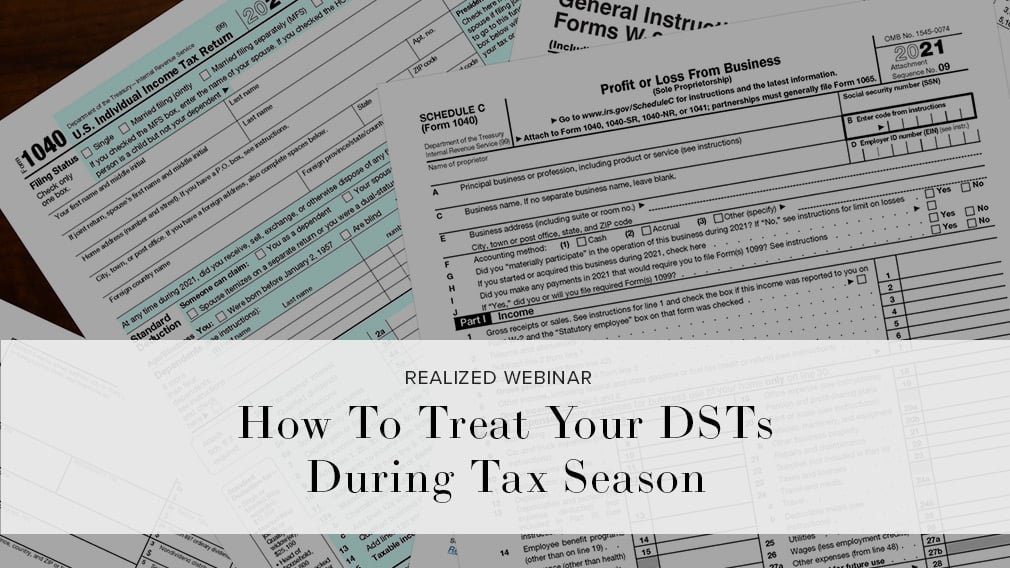Page 5 41 - 50 of 278
1099 and Schedule K-1 Forms: What You Need to Know

The 1099 and Schedule K-1 Forms are tax return-related forms for different types of income. There are several 1099s. The one you receive depends on where the income comes from. The K-1 is for business owners or partners.
Is Home Equity Loan Interest Tax Deductible for a Rental Property?

Mortgage financing is a common way for real estate investors to acquire investment properties. Borrowers who derive rental income from investment properties have many important tax breaks available to them.
Are Executor Fees Deductible on Form 1041?

A trust’s or estate’s executor might be a family member, who takes on pro bono management of income-producing assets following an individual’s death. They might take on this role out of love or affection for the decedent.
Is Rental Income Subject to Self-Employment Tax?

Even Albert Einstein struggled to understand income taxes, famously stating, “The hardest thing in the world to understand is the income tax.”
What Are Schedules 1, 2, and 3 on Tax Form 1040 and What Are They Used For?

Some taxpayers will have income, taxes, and credits that are not included in Form 1040. However, these additional items need to be declared on the taxpayer’s tax return. That’s where Schedules 1, 2, and 3 come in.
Is Land Tax Deductible on Investment Property?

Investing in land is like investing in rental properties. Any costs incurred to initially acquire land, including closing and up-front financing costs, are capitalized as basis of the investment and are not deductible at the time of purchase.
Page 5 41 - 50 of 278






